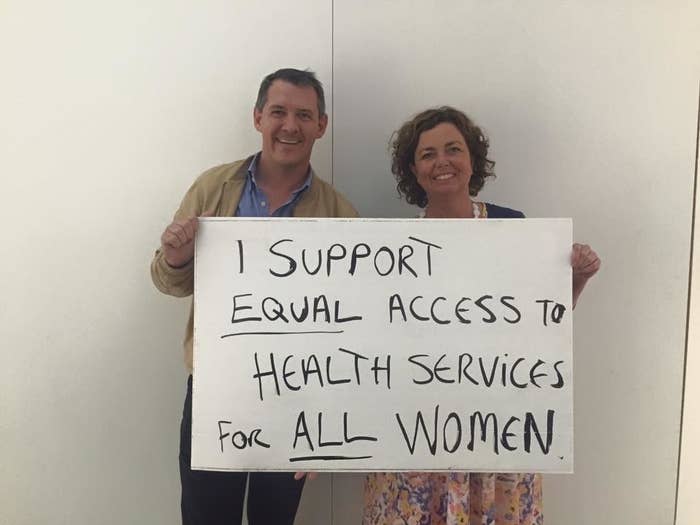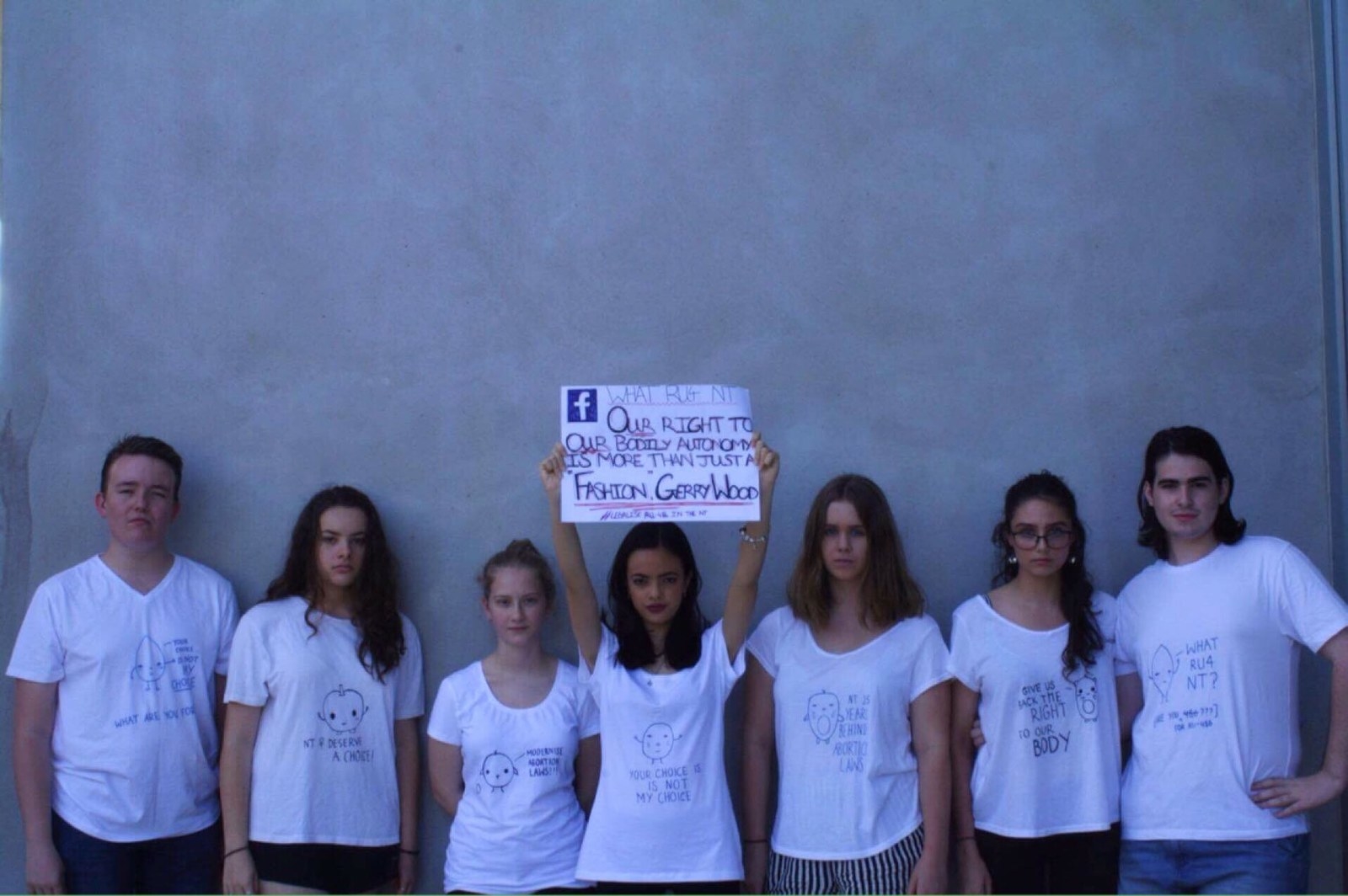A change of government will see women in the top end of Australia gain greater control over their reproductive health, incoming Northern Territory health minister and attorney-general Natasha Fyles has promised.

Medical abortion drug RU486 was legalised in Australia in 2006 but the Northern Territory is the only jurisdiction where it is still prohibited.
“Territory women really are struggling for choice in this space," Fyles told BuzzFeed News.
She plans to introduce a bill to amend the Medical Services Act to allow for women to access RU486 "early next year".
“The Labor party has a conscience vote on this issue. But in saying that, the majority of my colleagues supported [a former bill to amend the act]."

Abortion remains in the NT’s criminal code but was modified by the Medical Services Act in 1974, making the procedure lawful up to 14 weeks if two doctors agree the woman’s physical and/or mental health is endangered by the pregnancy or if there is a serious foetal abnormality.
However, even surgical abortions are hard to obtain as there are only three hospitals that provide them in the Territory.
Former NT health minister John Elferink defended his delays on reform in this area by saying that if a woman in a remote area took RU486 and something went wrong - "a post-partum haemorrhage"- she might be too far from emergency medical treatment.
President of Family Planning Northern Territory, professor Suzanne Belton, told BuzzFeed News that women in remote communities get pregnant and don't bleed to death from miscarriages. "If we can manage an unplanned miscarriage, we can manage a planned one," she said.

"All over Australia there are women miscarrying before 12 weeks of
pregnancy in the natural way and I don’t know of the last time someone bled to
death from a miscarriage because women are sensible and call for help."
Fyles said her amendment will keep the requirement for doctors overseeing a medical abortion to be obstetrics and gynecology specialists, a move which Belton says is unnecessary in an under-resourced and remote healthcare setting.
"We can count the senior gynecologists in the Territory on almost two hands," Belton said. "Global literature shows that GPs, midwives and nurses are very capable of performing and helping counsel women through a medical abortion."
Lawyer Aditi Srinivas, of campaign group WHAT RU4 NT?, told BuzzFeed News three years of lobbying had paid off and she commended the government for prioritising health outcomes and introducing progressive legislation.

"I have heard Territorians explain the additional barriers they have faced as survivors of sexual assault who do not want to undertake an invasive surgical procedure," Srinivas said.
"Or as mothers with children and carers who cannot travel, as people who have experienced harmful and discriminatory health practices which have made them reluctant to access mainstream health services, including members of our LGBTIQA community, culturally and linguistically diverse and Indigenous communities."
The reforms would have a "substantial and meaningful impact" for women in the NT from diverse backgrounds, she said.
Over the next few months Fyles said the government would consult with medical practitioners, legal representatives and the general community.
